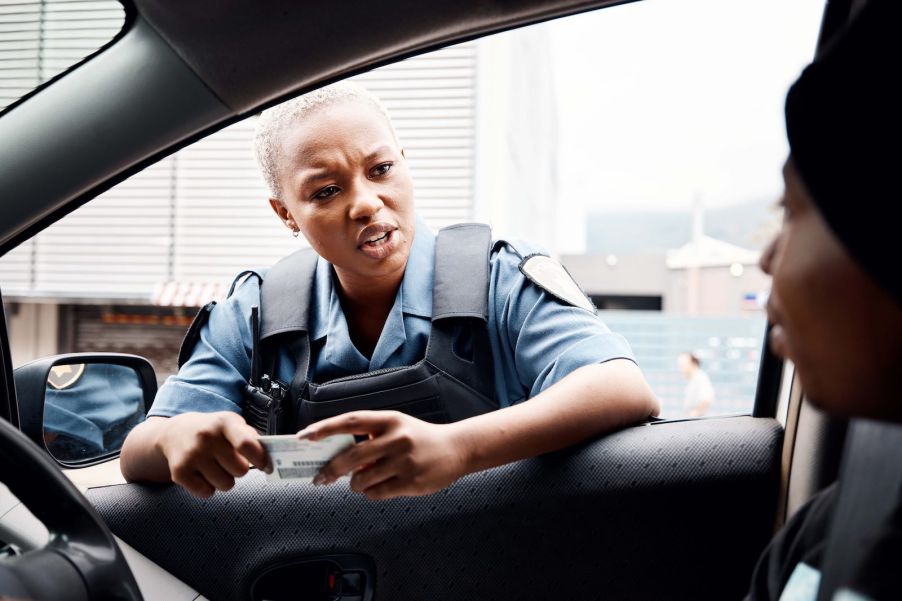
4 Times Police Officers Aren’t Actually Allowed to Search Your Car
Anyone who’s seen an episode of Law & Order knows the police need a judge to grant a search warrant before they can rifle through your private property. Fewer folks know that the law also has a “motor vehicle exception” which allows police to search a vehicle during a traffic stop on a public road if they state probable cause–without a warrant! Read on for a lawyer’s take on the four situations in which this motor vehicle exception for a warrantless search does not apply.
1 – When they don’t have probable cause
This one is fairly straightforward. If a police officer pulls you over for speeding, they have no probable cause that you are smoking marijuana, so they can’t complete a warrantless search of your car for drugs. If they state that they smell marijuana, than they have probable cause and can complete a warrantless search.
2 – When the car is on private property
The fancy legal word for on private property is “on curtilage.” It means the private property around a house, but not inside it. So if a police officer sees a car in your back yard, they aren’t allowed to search it without a warrant just because it is a car. In this case, it is in the part of your property that they need a warrant for. That said, pulling into a yard during a traffic stop doesn’t give you immunity. At that point, you’re evading the police and in even more trouble.
3 – When the car doesn’t appear to run
This is the most complex of our four situations. But the motor vehicle exception doesn’t apply to an obviously non-running car (i.e., one abandoned in your back yard). But if a police officer pulls in behind a car parked on a public roadway, and it appears like it could run, the exception applies and they can complete a warrantless search. And if there’s a serious issue that wasn’t visible to the officer, the car is still “apparently mobile,” and they’re legally protected. So what about if you have a flat tire, are out of gas, or have a dead battery? A general rule of thumb is that if AAA roadside assistance could get it going again, it is legally “mobile” and can be searched under the motor vehicle exception.
4 – When the police officer ignores good search warrant procedure
Even though an officer can complete a warrantless search under the motor vehicle exception, they can’t ignore proper procedure for completing a search. So just like with a warrant, they must state why they are searching and search for that thing. If police are searching for something large, such as a rifle or stolen computer, that doesn’t give them the right to open a small glovebox or your wallet.
Next, find out whether passengers can walk away during a police traffic stop.
The above info comes from Attorney Anthony Bandiero who offers legal training for police officers. You can watch Bandiero go in depth on warrantless vehicle searches in the video below:



